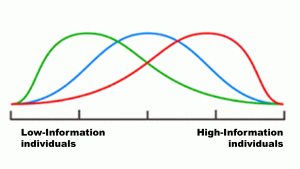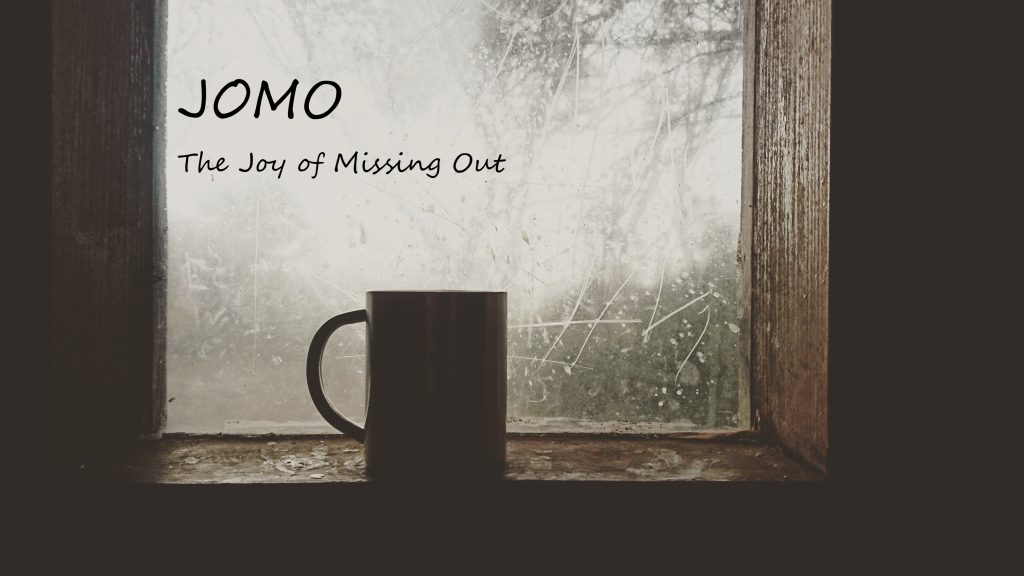
This is a question likely to cause disagreement, if not downright altercations. Some believe the ONLY reason a business exists is to make money. Others view money as an end-result. The question may boil down to whether profits and purpose are contradictory or compatible.
Make a Profit. Period.
This spring I saw an article in Harvard Business Review titled, Companies Don’t Always Need a Purpose Beyond Profit. The gist of the article was that businesses sometimes publish lofty mission statements that feel “empty,” causing employees to feel cynical rather than inspired. Freek Vermeulen, the author, suggested that making a profit was an admirable goal:
… Read the restIn my view, organizations shouldn’t be shy about stating profit as its explicit and ultimate purpose.








